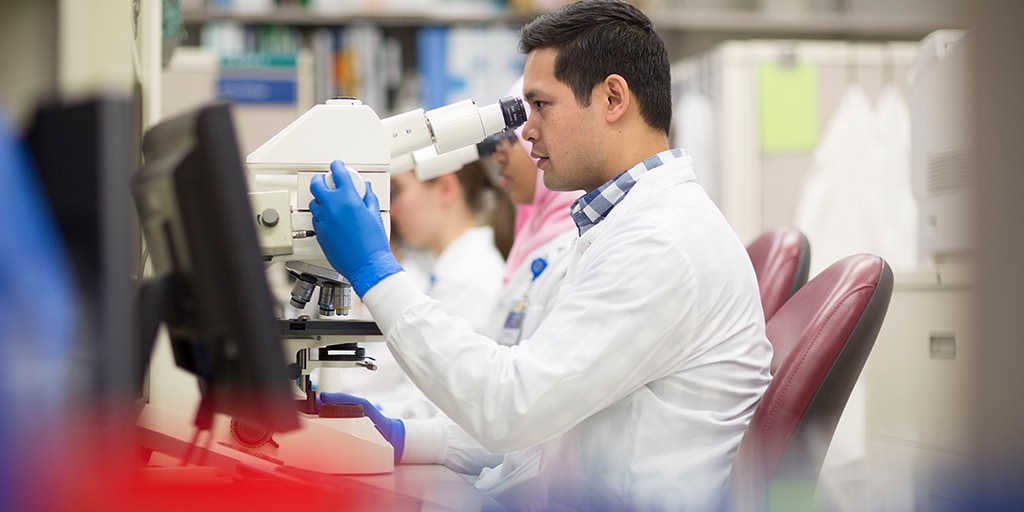

Links to various resources on educational programs and job databases can be found at the end of the article. The following information provides an overview of the field of laboratory medicine, from the current outlook for professionals in the field or looking to join it to a summary of many of the types of professionals who work in the lab. They include standards for the education and training of laboratory personnel so that you can be confident in their ability to process your specimen, perform the tests, and report accurate results.

Passed by Congress in 1988, the regulations for the CLIA amendments established quality standards for laboratory testing to ensure that results are accurate, reliable, and timely. They also ensure that strict quality control and quality management systems are followed.Ĭlinical laboratories in the United States are regulated by the federal government under the Clinical Laboratory Improvement Amendments (CLIA). Those in supervisory roles, with extensive training and many years of experience, oversee the testing being performed in the laboratory. (See Where Lab Tests Are Performed for more information on the different laboratories and how they serve you and your health practitioner.)īecause they produce the results that impact the health care you receive, laboratory professionals are specially educated and trained for the functions they perform and, in most cases, have certification for their position. They may be working in the lab located in the hospital, clinic, or physician’s office where you are being treated or they may be at a reference laboratory located hundreds or perhaps thousands of miles away. These professionals use specialized instrumentation and techniques to analyze patients’ samples, such as blood, urine, body fluids and tissue, and stool.

People working in the clinical laboratory are responsible for conducting tests that provide crucial information for detecting, diagnosing, treating, and monitoring disease. However, these individuals play a very important role in your health care. There are a variety of skilled and educated laboratory professionals who, as a patient, you may never see face-to-face. Your health practitioner would like to run some tests and so you’ve had your blood drawn and your sample has been sent “off to the lab.” ( Follow a Sample to find out what happens next.) You met the phlebotomist who drew your blood sample, but have you ever wondered who will actually receive your sample and conduct the tests?


 0 kommentar(er)
0 kommentar(er)
